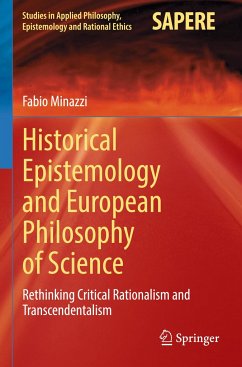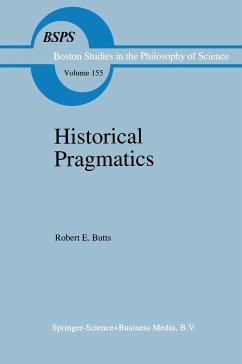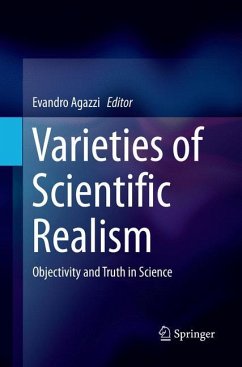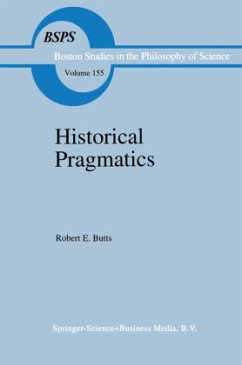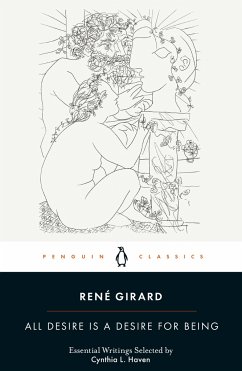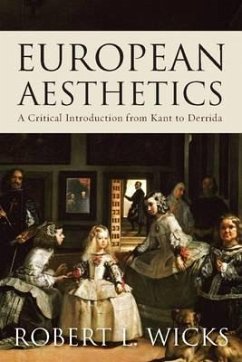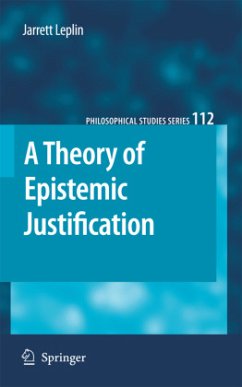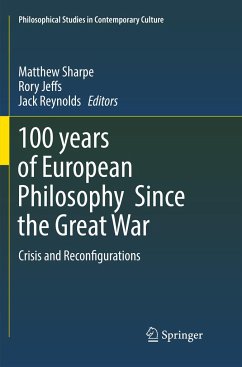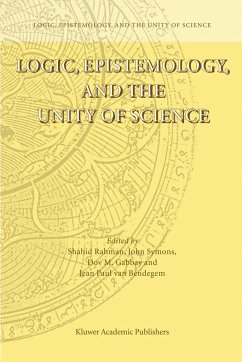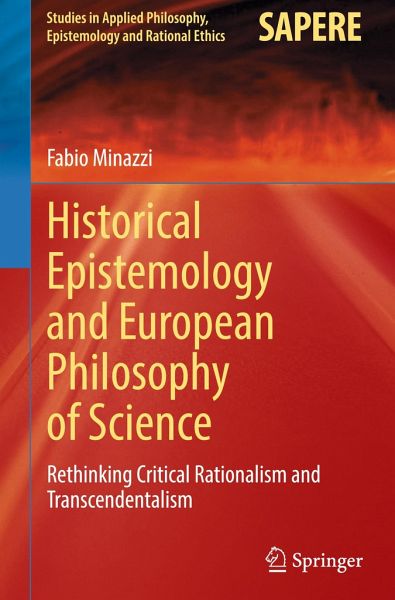
Historical Epistemology and European Philosophy of Science
Rethinking Critical Rationalism and Transcendentalism
Übersetzung: Sadleir, Richard
Versandkostenfrei!
Versandfertig in 6-10 Tagen
128,39 €
inkl. MwSt.
Weitere Ausgaben:

PAYBACK Punkte
0 °P sammeln!
This book offers a comprehensive analysis on the evolution of philosophy of science, with a special emphasis on the European tradition of the twentieth century. At first, it shows how the epistemological problem of the objectivity of knowledge and axiomatic knowledge have been previously tackled by transcendentalism, critical rationalism and hermeneutics. In turn, it analyses the axiological dimension of scientific research, moving from traditional model of science and of scientific methods, to the construction of a new image of knowledge that leverages the philosophical tradition of the Milan...
This book offers a comprehensive analysis on the evolution of philosophy of science, with a special emphasis on the European tradition of the twentieth century. At first, it shows how the epistemological problem of the objectivity of knowledge and axiomatic knowledge have been previously tackled by transcendentalism, critical rationalism and hermeneutics. In turn, it analyses the axiological dimension of scientific research, moving from traditional model of science and of scientific methods, to the construction of a new image of knowledge that leverages the philosophical tradition of the Milan School. Using this historical-epistemological approach, the author rethinks the Kantian Transcendental, showing how it could be better integrated in the current philosophy of science, to answer important questions such as the relationship between science and history, scientific and social perspectives and philosophy and technology, among others.
Not only thisbook provides a comprehensive study of the evolution of European Philosophy of Science in the twentieth century, yet it offers a new, historical and epistemological-based approach, that could be used to answers many urgent questions of contemporary societies.
Not only thisbook provides a comprehensive study of the evolution of European Philosophy of Science in the twentieth century, yet it offers a new, historical and epistemological-based approach, that could be used to answers many urgent questions of contemporary societies.



